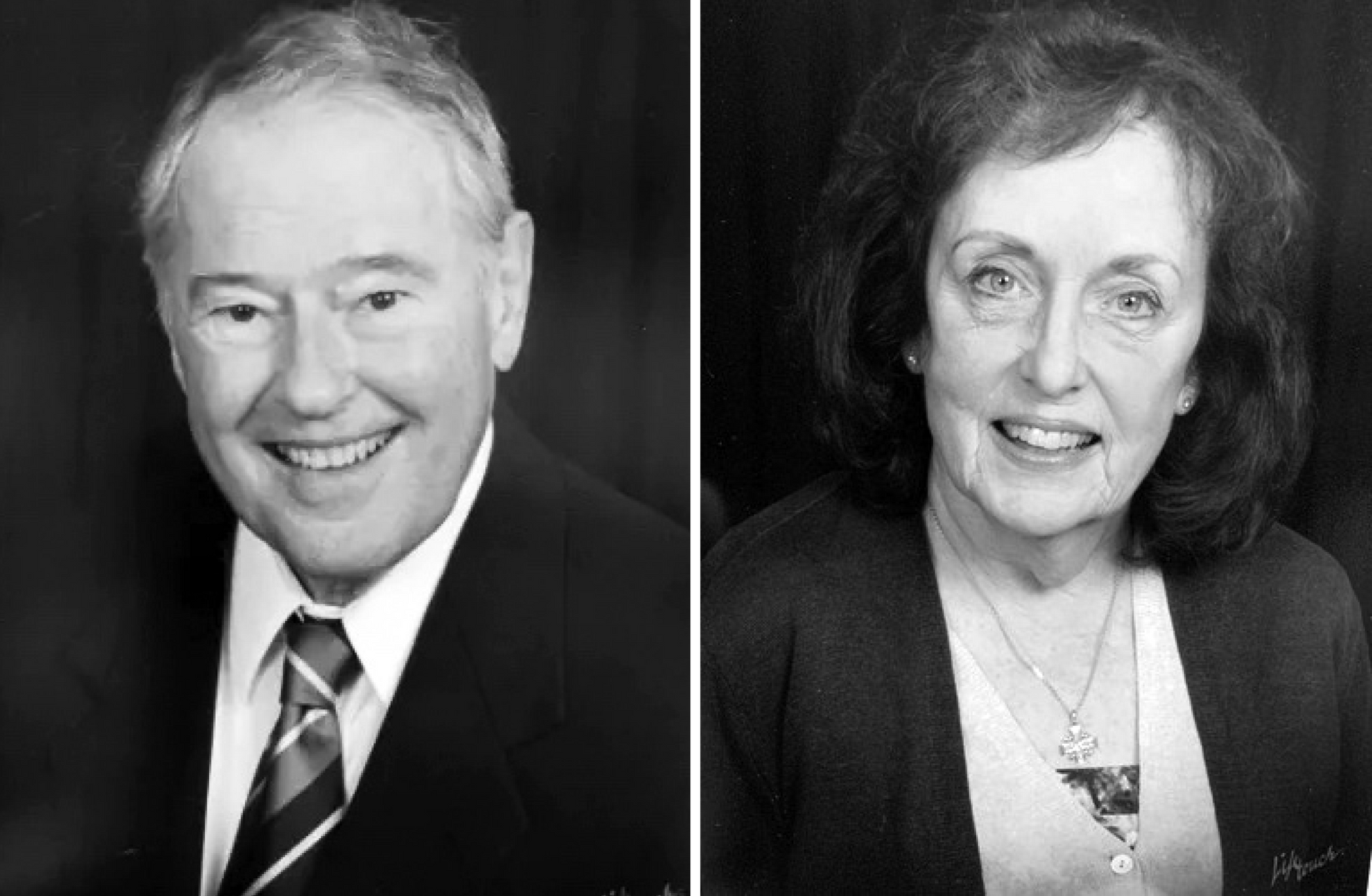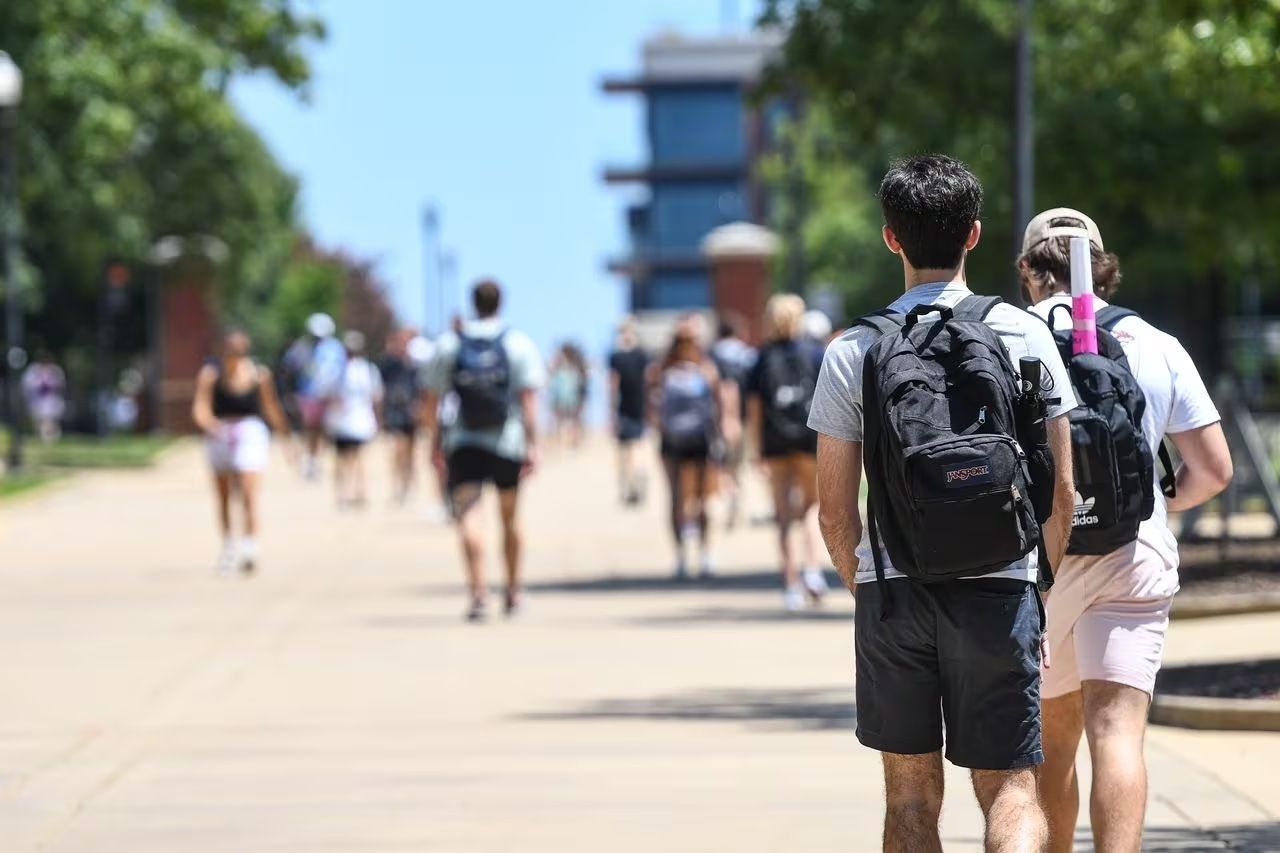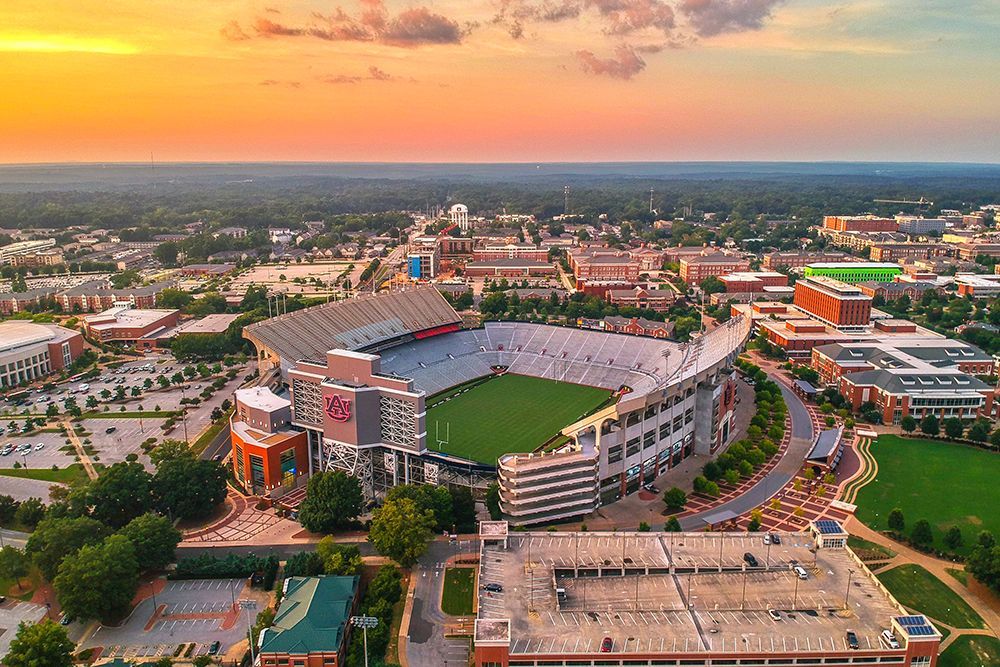Hoffman Rhyne, President & Academic Dean of Christ Our Redeemer Seminary
No two cities are alike. Each has a particular character. We're familiar with the charming side of Auburn's character, but in this post and a recent podcast interview with Auburn Police Chief Cedric Anderson, we take a look at the less-than-charming side.
City-Data.com is a helpful website that puts census data in a user-friendly format. It calculates a crime index based on the number and type of crimes per 100,000 residents, weighing serious and violent crimes more heavily. A higher number indicates a more serious crime rate. The U.S. average is 254.8. The crime index for Auburn in 2020 was 94, which is 2.7 times lower than the U.S. average. It is also significantly lower than that of the state of Alabama. It has also steadily declined since 2007 when the index was 344.4. Thefts comprise 73% of crimes, followed by assaults (11%) and burglaries (8%). Violent crimes are relatively rare. Sex trafficking is an issue in our area, but one that is notoriously difficult to quantify and stop.
According to another website that analyzes FBI crime data, the chances of becoming a victim of any kind of crime in Auburn is 1 in 80. The chances of becoming a victim of a violent crime are close to 1 in 1,000, which is over five times lower than in the rest of the state.
Here is one last bit of relevant data: currently, the Auburn city police force has about 150 officers, including 80 patrol officers. The number of police per capita for Auburn is quite lower than state and national averages.
Putting all of this together, while Auburn's population has been rapidly increasing, Auburn's crime rate has been going in the other direction and is, in fact, much lower than state and national averages. Correlating the two, Mayor Anders said in a recent interview that Auburn's reputation for public safety is one of the main factors behind the population growth. So, while every city has a darker side, Auburn's is less dark than it could be. While this is something we should celebrate, how can we continue to strengthen public safety as a means of and witness to God's ultimate protection and salvation in Christ?
Implications for the Church
In the ancient Near East, what defined a city was a human settlement enclosed within a wall. The wall is what made a settlement a city. Life outside of Eden in a world corrupted by sin can be dangerous, and cities are places that offer protection. While our cities today aren't surrounded by physical walls, protection comes in the form of our justice system: the police, the courts, and the correctional facilities.
Because the world rejected God, it remains a dangerous place, but because God has not rejected the world, it will not always be so. When Jesus returns and brings the heavenly Jerusalem down to earth (Rev 21:1-2), there will be no more sin and nothing to make us afraid. The city "walls" will remain but be repurposed. We'll never need to lock our doors, and the city gates will never be shut (Rev 21:25). This future is sure because of Jesus' victory at the cross. Until then, however, we need our justice system as a means of and witness to God's justice, protection, and restoration. I want to encourage the Church here to do three things in relation to our justice system here locally:
- Pray - Pray for our local justice system (the police, the courts, and the correctional facilities) that they honor their God-appointed role in our community - to protect, to uphold justice, and to serve as agents of redemption. Pray also for God to protect and bless them and their families. One network of Christians systematically prays for every single police officer. Comment below if you would like more information about that prayer ministry.
- Communicate - Chief Anderson urges citizens to communicate with the police force and public safety officials to voice concerns, offer feedback, and show appreciation. The police department receives over 200,000 calls a year from citizens, in addition to emails, letters, and every other form of communication. If we see something that needs attention, he urges us to pick up the phone and call his office at (334) 501-3100 or send him an email at canderson@auburnalabama.org.
- Encourage Christians to take up this vocation - Currently, the Auburn police department needs 15 more officers. Can we, as the body of Christ here, seek to fill these positions? And what would it look like for the justice system over time to become thoroughly seasoned by Christians who know the grace of God? And what if leaders in this field were grounded in a robust theology of justice shaped by the biblical story? What difference would it make? May the Lord encourage those already called to this role and call many more to it.
Feel free to drop us a comment or question. We'd love to hear your thoughts about our missional context and the Church's role here.









